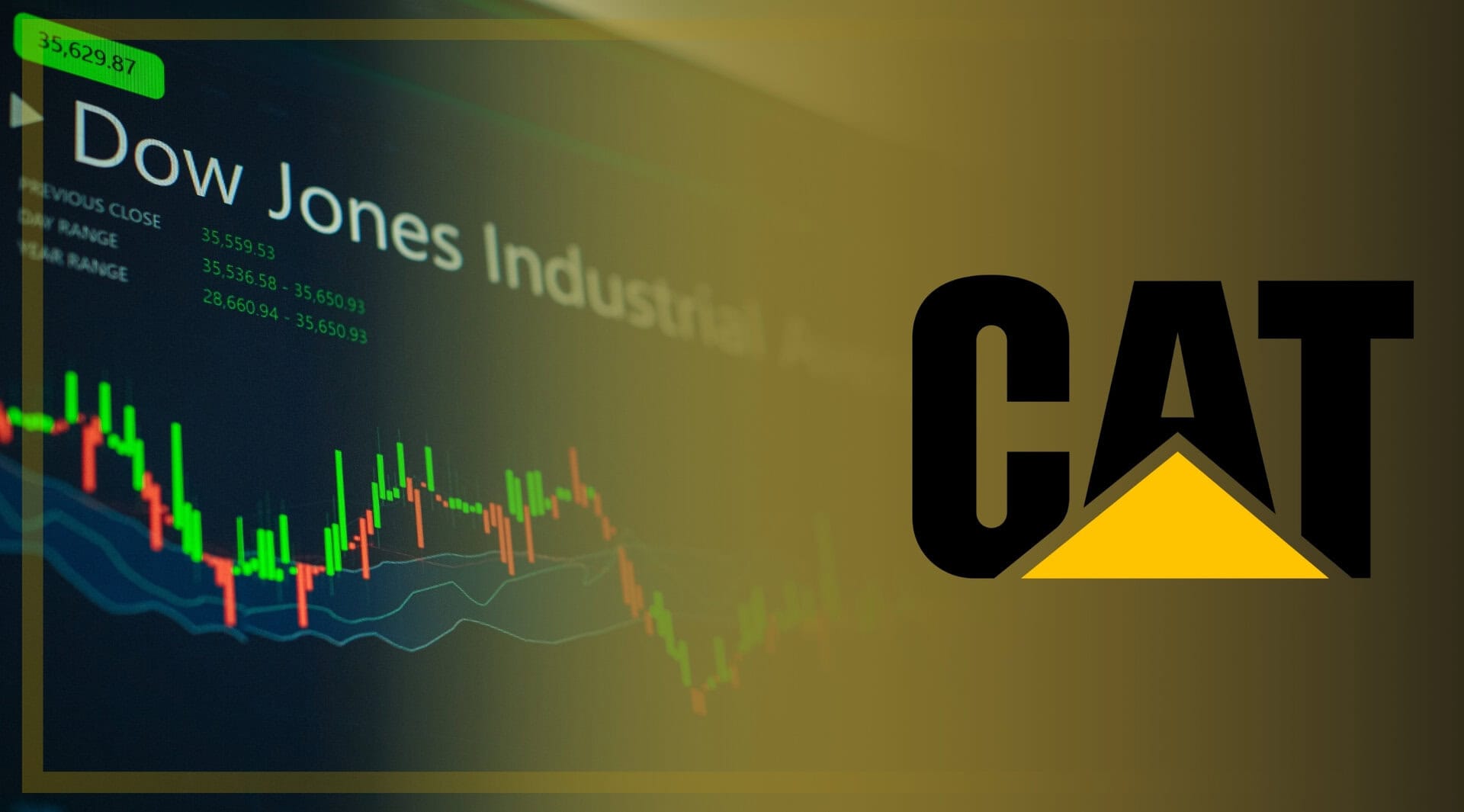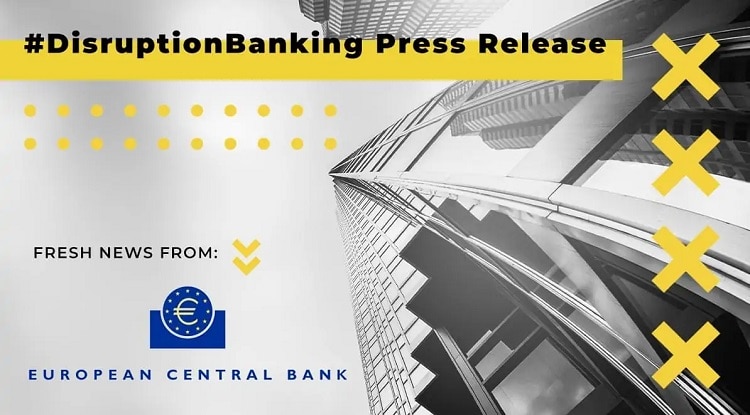Australia has rapidly become a hub for cryptocurrency enthusiasts, with numerous exchanges offering a range of digital assets to trade. Understanding the eligibility requirements for accessing these exchanges is crucial as interest in cryptocurrencies grows. Whether you are a seasoned investor or a newcomer to the crypto world, knowing who can use these platforms is essential for ensuring a smooth and compliant trading experience.
This article provides an in-depth look at the essential eligibility requirements for accessing Crypto Exchanges Australia, helping prospective users steer the regulatory terrain effectively.
1. Age Restrictions
The age restriction is one of the fundamental eligibility requirements for accessing Australian crypto exchanges. Typically, users must be at least eighteen years old to create an account and trade on these platforms. This age requirement is in place to ensure the users can legally enter into financial agreements and manage their investments responsibly. Young investors interested in cryptocurrencies should seek guidance from legal guardians or wait until they reach the eligible age to start trading independently.
2. Residency and Citizenship
Most Australian crypto exchanges require users to be residents or citizens of Australia. This requirement ensures that the platform operates within the country’s legal framework and adheres to local regulations. When signing up, users must often provide proof of residency like- a utility bill or their bank statements, along with identification documents like a passport or driver’s licence. Some exchanges may also accept users from other countries, but they must comply with the respective regulations of their home countries as well.
3. Identity Verification (KYC)
Know Your Customer (KYC) procedures are a critical component of regulatory compliance for crypto exchanges. Australian platforms mandate KYC to prevent fraud, money laundering, and other illicit activities. Users must undergo identity verification by submitting government-issued identification documents and, in some cases, a selfie for facial recognition. This process helps exchanges verify the identity of their users, ensuring a secure trading environment. Investors should be prepared for this step and have their documents ready to facilitate a smooth verification process.
4. Financial Information and Source of Funds
To further comply with anti-money laundering (AML) regulations, some Australian crypto exchanges may require users to provide financial information and disclose the source of their funds. This requirement ensures that the funds being used for trading are obtained legally. Users might need to submit bank statements, employment details, or other relevant financial documents. While this might seem intrusive, it’s a necessary step to manage the integrity and security of the cryptocurrency market.
5. Understanding of Risks and Responsibilities
Cryptocurrency trading involves significant risks, including market volatility and potential financial loss. As such, many exchanges require users to acknowledge these risks and confirm their understanding of the responsibilities associated with trading digital assets. This often involves agreeing to terms and conditions that outline the risks and liabilities. By ensuring that users are aware of these factors, exchanges promote responsible trading practices and protect inexperienced investors from making uninformed decisions.
6. Compliance with Exchange-Specific Policies
Each crypto exchange in Australia may have its own set of policies and requirements that users must comply with. These can include various restrictions on the types of cryptocurrencies that can be traded, limits on transaction volumes, and specific guidelines for withdrawals and deposits. Prospective users should thoroughly review the policies of their chosen exchange to ensure they can meet all requirements. Familiarity with these policies helps prevent account suspensions or other issues that could arise from non-compliance.
Accessing Crypto Exchanges in Australia requires meeting several essential eligibility requirements, including age restrictions, residency, identity verification, financial disclosures, risk acknowledgment, and compliance with platform-specific policies. By understanding and adhering to these requirements, investors can ensure a secure trading experience. As the cryptocurrency market in Australia continues to evolve, staying informed about eligibility criteria will remain essential for successful and responsible investing.















